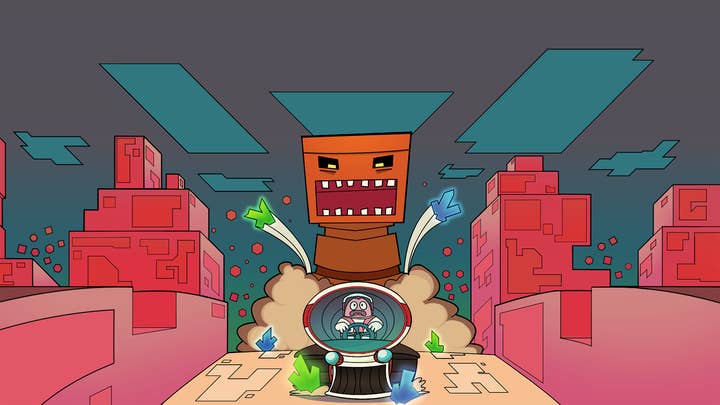The Terrawurm experiment: Can indies work together on multiple games?
A Manchester developer collective shares its experience splitting the workload and revenues on a game while still making their own titles
The challenges indie developers face, especially when they start out, are well documented, and the very nature of these smaller studios often means teams are putting all their eggs in one basket, hoping each title will fund the next.
But what if there was a way to produce a game much more quickly, one that didn't drain your resources and generated a little extra revenue to fund your main project? A group of Manchester-based indies attempted just this.
The game was Terrawurm. Originally a prototype by Unbox developer Prospect Games, it launched last month as the product of a developer collective formed by Prospect, Tri-Heart Interactive, MMU graduates Isaac Haslehurst and Shawn Rowe, plus freelance sound designer and composer George Lloyd-Burman.
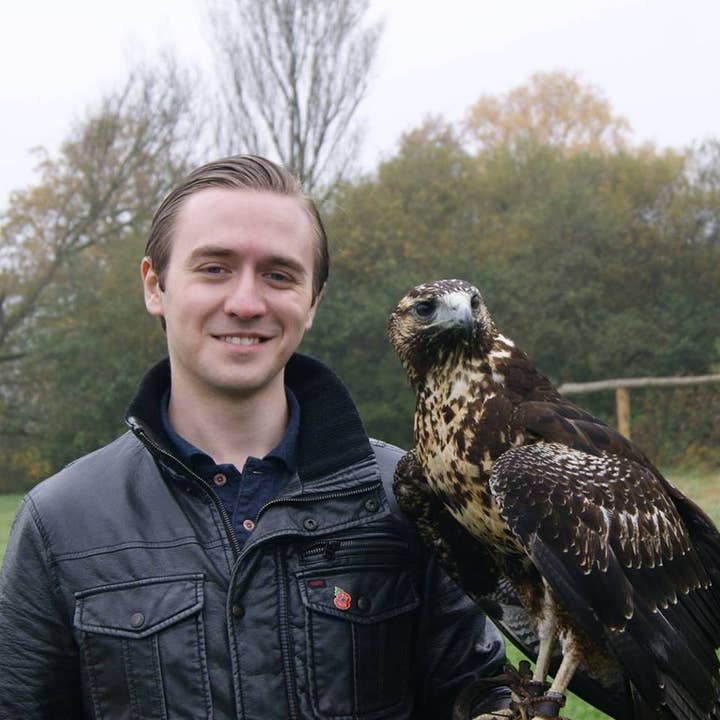
The premise was to develop a game between these five entities, to share the workload and fairly split the revenues -- all while each one continued work on their primary title. And in just ten months, that's just what the group has accomplished.
For Prospect Games' managing director Andrew Bennison, Terrawurm has been "seven years and three attempts" in the making. The fast-paced single-player arcade title sees players grabbing resources from a planet's surface as fast as possible while trying to avoid a Tremors-like worm burrowing after them.
Terrawurm was first toyed with around 2012 and was a multiplayer prototype by 2017, but something just wasn't right. After an internal game jam session with Haslehurst and Howe last year, the design finally worked well enough to warrant further development. But Prospect's priority was upcoming arena fighter Robot Champions, and the studio didn't have the resources to make Terrawurm a full title.
After discussions with Tri-Heart, the idea of collaborating with more developers in the Manchester area began to show merit.
"We realised, however, that although there was a small community of gamers and developers established in Manchester, there were little to no commercial collaborations," Tri-Heart managing director Kieran Rogers said. "As part of our ongoing Gamers Unite initiative, we want to create a hub for collaboration in the North West; a group of developers, studios and publishers that create small commercial products together, with the aim of creating more opportunities for independent developers in and around Manchester."
The studios also began drawing on the skills of freelancers they were already collaborating with: Lloyd-Burman, for example, was working on Robot Champions and says working on Terrawurm as well, "was a no-brainer."
"It's hard to ask other people to be completely open, but making games in this way pretty much requires it"
Andrew Bennison, Prospect Games
"As a freelance sound designer, my entire business model is based on co-development with the aim of filling a skills gap or shortage at whichever company I work for," he says. "Expanding this modular approach to include separate development teams with complementary skill sets seems like a logical and flexible continuation of that model."
For Haslehurst, it also presented the opportunity for him and his fellow graduate to accelerate their journey into games: "The major hurdle is there aren't too many avenues into the industry without already having contacts or released games. So having a way to produce a game in a group that can be commercially released is the opportunity for me to take my first steps."
The various teams and individuals joined the project, "gradually throughout the first half of development," says Bennison, ramping up work on other areas like audio when Lloyd-Burman joined in. Crucially, it was important to share the load based on each entity's strengths.
"This has been tricky to manage and required us to occasionally switch responsibilities to make sure development kept moving forward," says Bennison.
Rogers adds: "From Tri-heart's perspective, our goal was to provide as much value as we could by focusing on our specialism -- art and visual effects. This allowed us to focus primarily on the visual side of the product."
The revenues from the game would be shared based on how much work each member contributed, factoring in, "the risks they would be taking." Bennison admits calculating this was "part science, part gut feeling," but since the decisions were always made during group discussions, it always felt fair.
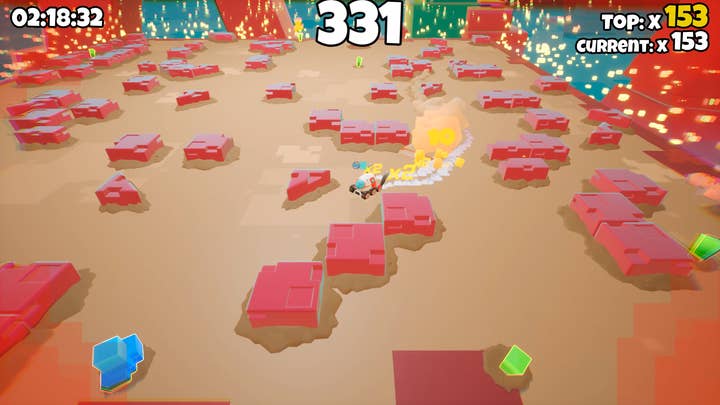
Ownership of the IP remains with Prospect Games, a point Bennison was keen to raise with everyone that entered the agreement to avoid arguments further down the line.
"I've watched other companies tear themselves apart with in-fighting, and considering the risks we're all taking to make Terrawurm, this was a top priority," he says.
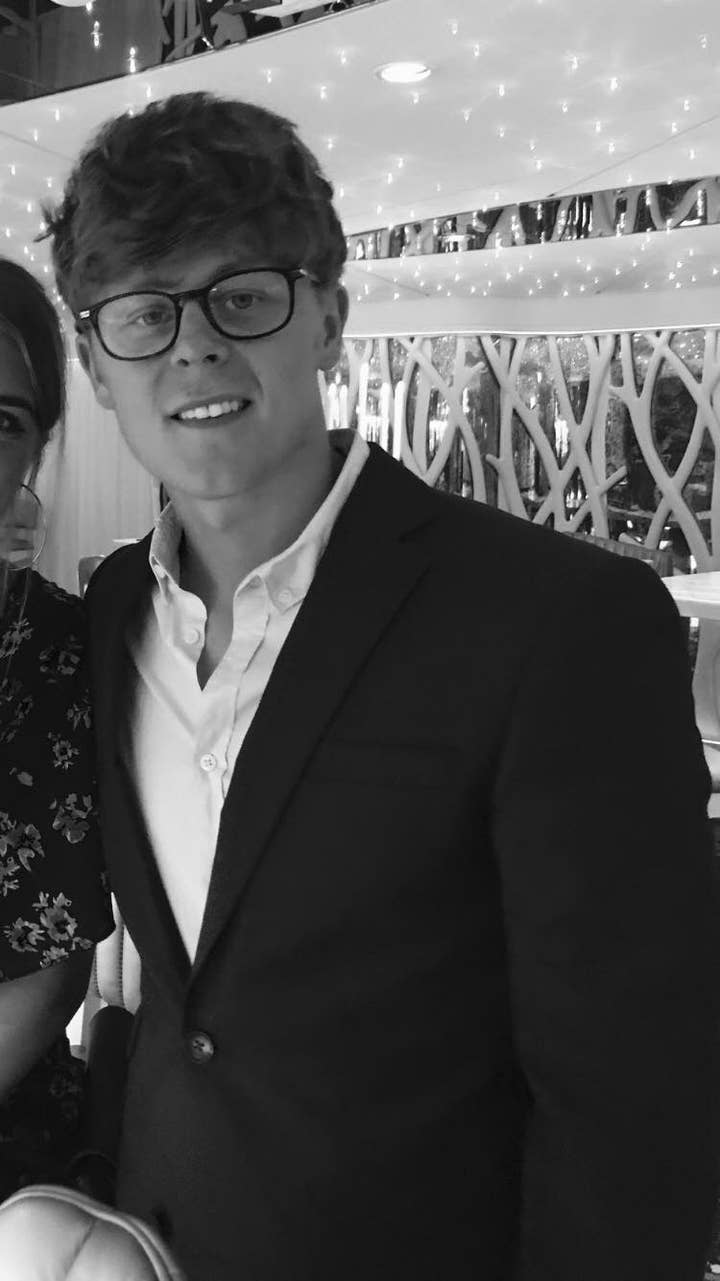
Another major challenge to tackle was balancing work on Terrawurm with other projects -- after all, this was a major motivator behind the experiment. Prospect found this "initially easy to balance" since so many of its staff were working on both this and Robot Champions and could, "jump between the two quite comfortably."
"Unfortunately we had a string of bad luck, lost several key people, and there came a point where it was impossible to balance the two projects," Bennison says. "To get back on track we significantly reduced the scope of both games."
Similarly, Lloyd-Burman was already on-site while working on Robot Champions, and so could also hop between the two, handling any other external projects in the evenings and at weekends.
"The only difficulty came at the end of the project, when I had moved on to work on-site with another company," he says. "Due to Terrawurm's revenue share model, I obviously couldn't be paid upfront for any work done on the game, so I couldn't financially justify taking time off from my other employer. But the game needed to be finished, so what followed was a few frenzied, sleep-deprived weeks spent finalising and polishing the game's audio. Mildly harrowing, but worth it in the end."
Tri-Heart, meanwhile, had to carefully consider what it could and couldn't commit to Terrawurm based on the needs of The Otterman Empire at the time. Programmers were largely caught up with the latter, meaning artists could move freely between the two projects.
"There's opportunity for great things to happen with a model like this, but everybody involved has to have their heart into it and ready to put 110% into it"
Isaac Haslehurst, MMU graduate
But, Rogers tells us, marketing and the actual release of Terrawurm became "a major team effort," and one each part of the collective ultimately learned from.
"We knew that due to major changes and a few bumps in the road, we had to come together and allocate the appropriate time to market the game successfully," he says. "This has allowed us to take a much more multifaceted approach to marketing Terrawurm, allowing us to use channels and platforms we have yet to work with."
With the experiment complete and time to reflect on the process, there is one element of the collaboration that all parties agree could be improved next time around: communication.
"It's been hard to communicate with a team that's often not in the room and also juggling multiple other projects," Bennison says. "It's hard to ask other people to be completely open, but making games in this way pretty much requires it.
"There was a point when I had to tell everyone I was in a bad state mentally and really needed help. This is not something I would ever tell a client."
Haslehurst on the other hand has learned valuable lessons that his studies could never have fully conveyed: "The biggest thing I have learnt is about how to approach situations and complications, as in games nothing goes as expected.
"The one thing I would say that could improve this collaboration model is having everybody on a single site to eliminate communication time between people off-site, as there are times when you need a simple answer that should only take a minute or two. But if that person hasn't seen your message, it may take much longer to get a response."
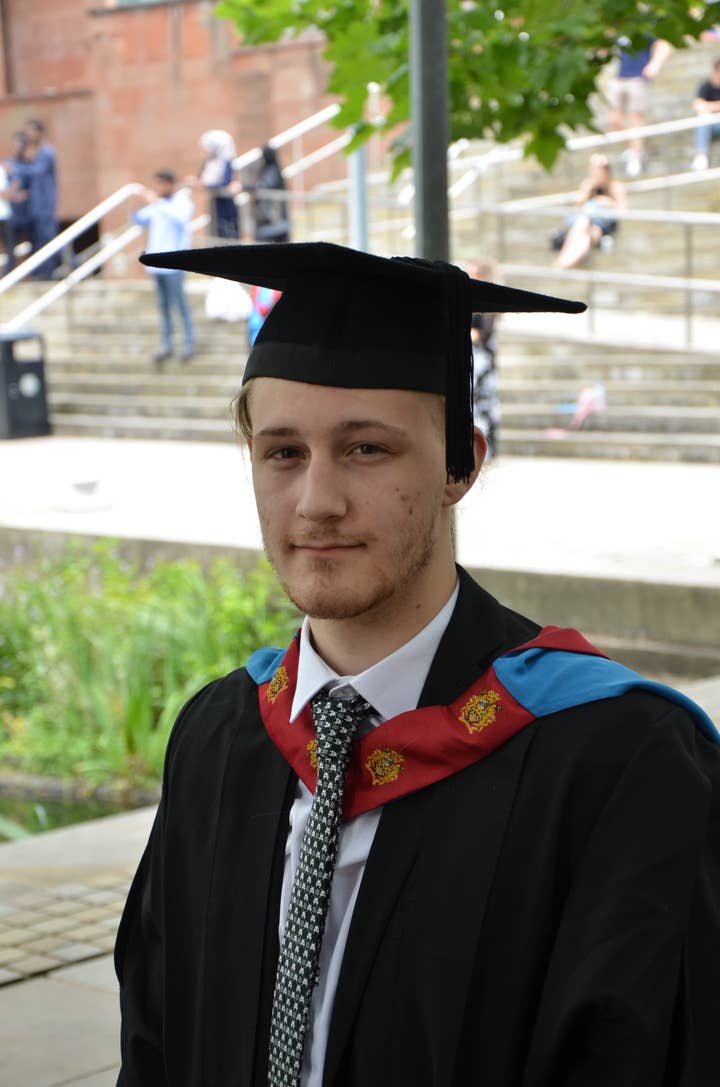
Fortunately, Bennison reports the collective "never had any shouting matches" due to those communication issues, although there were times where, "takes have been misinterpreted or missed."
"The biggest conflict was probably when we temporarily halted development due to none of us being available to commit our time," he says. "That was tough, but we're all in the same boat and eventually figured it out."
Terrawurm launched last month, and so far has drawn a solid response from players online, as well as attendees at shows like Play Expo Manchester. Sales have been much lower than the group hoped, but Bennison says this, "isn't a surprise with the current climate of PC gaming and our lack of marketing funds."
"We've always believed Terrawurm would perform well on Switch, and based on recent conversations with publishers and porters I absolutely think that's the direction we should take the product in," he says. "As we continue to develop our primary projects like Robot Champions and The Otterman Empire, we'll continue to explore options for Terrawurm. It's a tricky balancing act, but it must be done."
Bennison discusses the work on Terrawurm in YouTube documentary Made In Manchester -- Gaming in the City, including the toll this project and surrounding circumstances took on him. But having come through all this, he's keen to see how other developers handle such a project.
"Work with people you know and trust," he urges when asked for advice. "The less you know them, the more likely they're going to cause you major problems down the line."
Haslehurst agrees, adding: "There's opportunity for great things to happen with a model like this, but everybody involved has to have their heart into it and ready to put 110% into it."
Lloyd-Burman concludes that, while people are rightly cautious about working for revenue share, having a trustworthy employer, the means to support yourself and the right project to motivate you can make it a rewarding experience.
"The opportunity to ship a game whilst creating a passive income stream for yourself in the future is well worth the initial risk."
